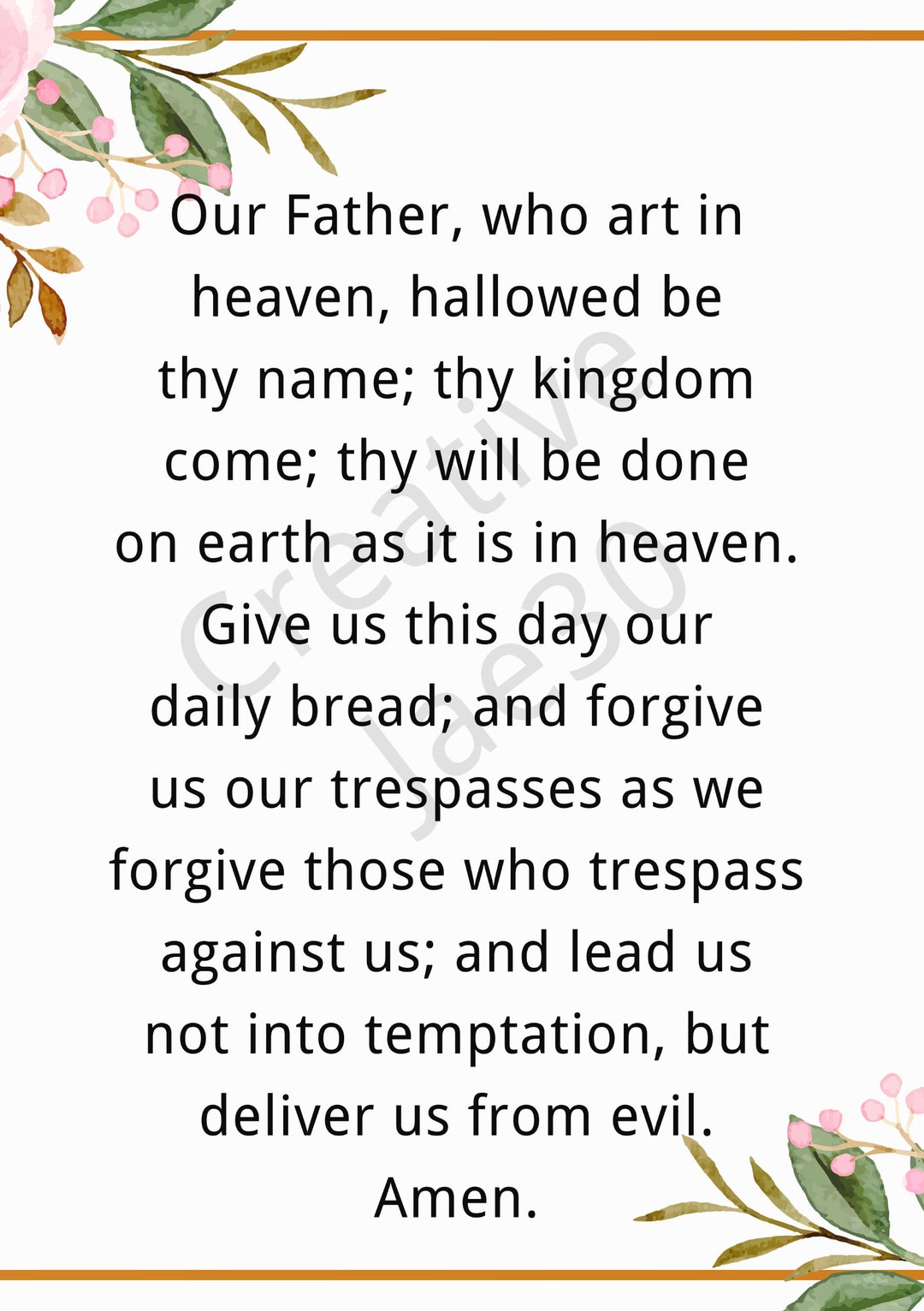
SUNDAY, SEVENTEENTH SUNDAY IN ORDINARY TIME
Gn 18: 20-32 Ps 138 Col 2: 12-14 Lk 11: 1-13
IN THIS WAY WE PRAY
Scripture is replete with examples of individuals and entire communities turning to God in moments of desperation, when all human efforts to avert danger or suffering have failed. From the Israelites crying out for deliverance from Egypt (Exodus 2:23–25) to King Hezekiah pleading for healing (2 Kings 20:1–6), people have sought God’s intervention for healing, protection, or a prosperous life. This instinct to reach out to God is natural, akin to a child asking a parent for help. As children, we are justified in bringing our needs to our Heavenly Father, trusting in His care. Yet, just as loving parents do not grant every request because they know what is truly best for their child, God, in His infinite wisdom, often responds differently than we expect. He invites us to rise above our immediate desires, to echo Jesus’ prayer in Gethsemane: “Father, not my will, but yours be done” (Luke 22:42).
Our sense of insecurity and insufficiency can be both a blessing and a hurdle in our journey toward deeper communion with God. On one hand, our limitations drive us to prayer, compelling us to acknowledge our dependence on the One who holds all things in His hands. On the other, these same insecurities can tempt us to cling to our own agendas, dictating to God what we think we need rather than entrusting ourselves to His providence. True prayer, however, is a spontaneous act of surrender, a leap of faith where we place ourselves and our concerns into God’s hands, accepting whatever outcome He deems best. Thus, prayer, at its core, is a perennial relationship with the God who loves us unconditionally. It emerges from an assurance that God knows our deepest needs better than we do. To pray authentically is to relinquish control, to let go of our anxieties and insecurities without dictating terms to our Abba Father.
Today’s readings challenge us to reframe our understanding of prayer by looking to the cross of Christ. When our desires, fears, and needs are “nailed to the cross,” we reflect in ourselves Jesus’ self-emptying love. The cross teaches us that prayer is not about escaping suffering but about embracing God’s will through it. Consider Abraham’s bold intercessory prayer for the sinful city of Sodom. He bargained passionately with God, yet the city was ultimately destroyed—not because God ignored Abraham’s prayer but because His justice and mercy operate beyond human calculations.
Similarly, Jesus’ anguished prayer in Gethsemane, where He pleaded, “If it is possible, let this cup pass from me” (Matthew 26:39), was answered not by removing the cross but by empowering Him with the strength to embrace it. Through the Holy Spirit, Jesus was fortified to embody heroic love, fulfilling God’s redemptive plan. This pattern holds true for us. As St. Paul confesses, “We do not know how to pray as we ought, but the Spirit himself intercedes for us with groanings too deep for words” (Romans 8:26). Our prayers are most effective when filtered through the Spirit of faith, when we surrender our self interest and open ourselves to God’s mind.
The Gospel reminds us that God listens to our persistent prayers, but His answers are shaped by His perfect will, not our limited vision. Like the persistent widow in Jesus’ parable (Luke 18:1 8), we are called to pray with unwavering faith, trusting that God hears us. Yet, we must also pray with humility, recognizing that our desires may not be in accordance with God’s greater purpose. When we nail our self-interest to the cross, we become vessels for the Spirit, praying in harmony with God’s heart.
In our daily lives, this understanding of prayer transforms how we approach challenges. A parent praying for a sick child, a worker seeking guidance in a difficult decision, or a community interceding for peace—each prayer is an opportunity to entrust the situation to God, not to dictate the outcome but to seek His wisdom and strength. Practical acts of prayer, such as meditating on Scripture, practicing silence to listen for God’s voice, or offering intercessions for others, deepen our communion with Him. As we grow in this relationship, we learn to pray not for what we want but for what God desires, trusting that His will leads to our ultimate good.
Response: On the day I called, you answered me, O Lord.
Copyright ©2025 ©Springs of Living Water http://springs.carmelmedia.in

